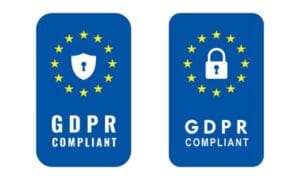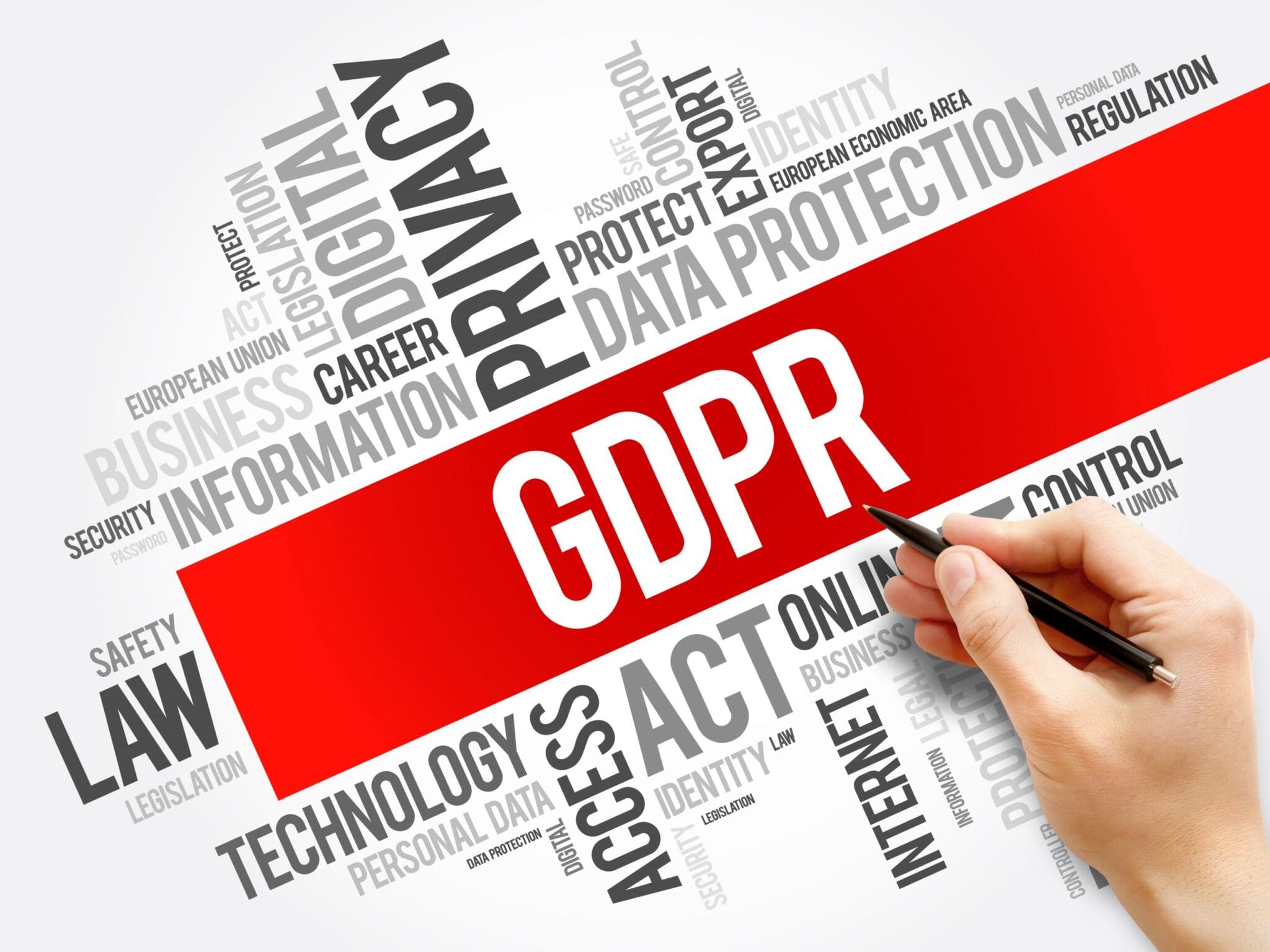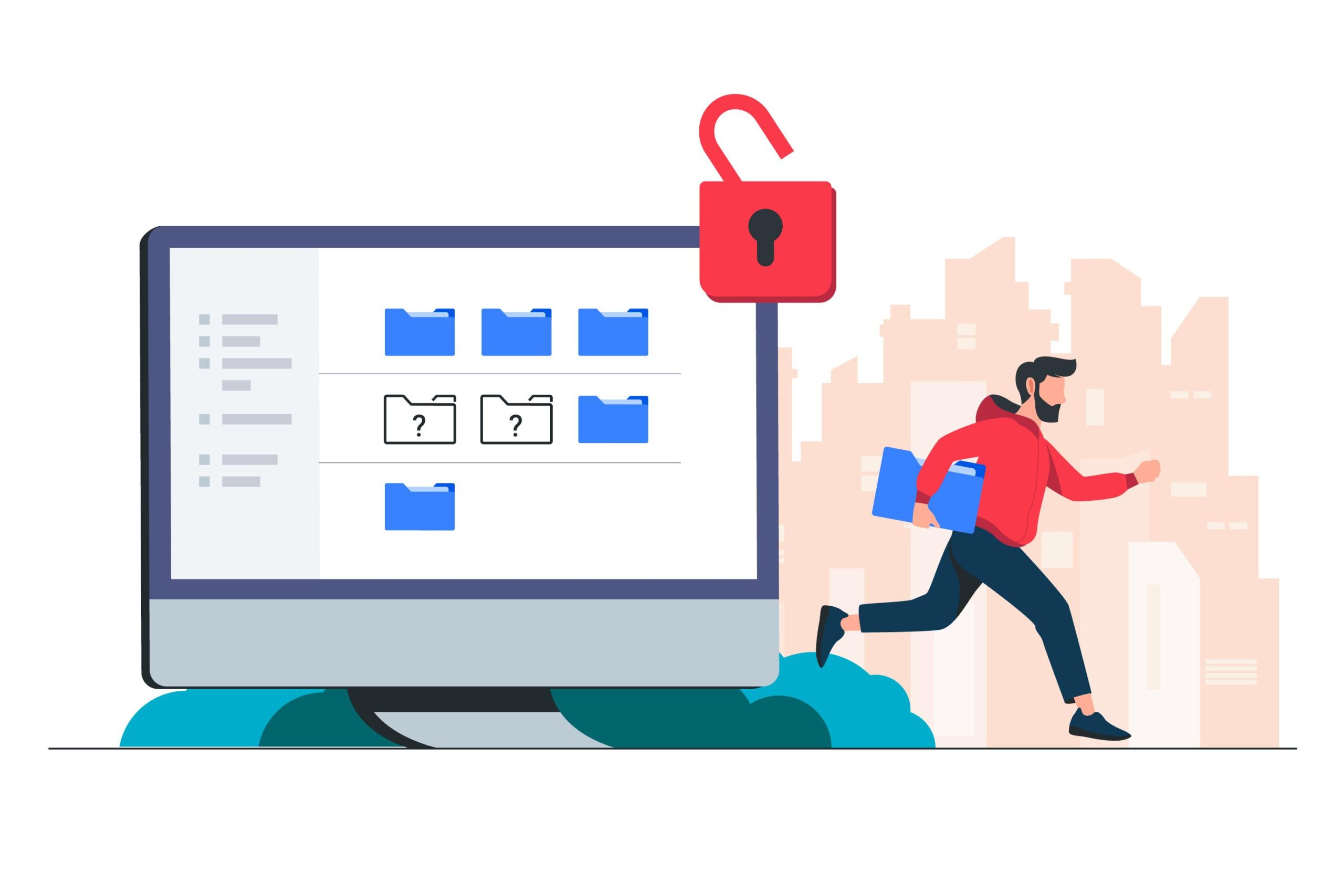If you work in marketing, you’ve probably noticed rumblings about the European Union’s data protection law, the GDPR. It is the biggest data privacy law regulated till now, and it likely affects your organization. Over the decade, data protection has given consumers more control over their use and compels marketers to follow these changes.
According to the December 2016 PwC survey, 68 per cent of US-based companies expect to have spent $1-$10 million to meet these GDPR requirements.
The General Data Protection (GDPR) challenges the increasingly invasive digital marketing’s future with remarkable changes. It allows users more control over the data they share and use within the mobile marketing domain- to make big changes to comply.
As the EU braces its data protection laws, it is important to decipher how Compliance affects your marketing. To help you understand, here’s a primer on GDPR compliance’s impacts on the strategic plans of your business.
What is GDPR?
General Data protection is a set of regulations followed by the European Commission to allow citizens to have more authority over personal data. These reforms allow policies, laws, and data privacy regulations and consent involving individuals, institutions, and entities.
Some of these regulations cover consumer credit, advertising, information protection, transaction, and more. This framework sets out general principles for ensuring the protection of personal information. However, it is important to highlight that GDPR explains different aspects of the framework separately for its importance and applicability.
Any organization that uses personal information from citizens in the 28 countries needs to comply with these regulations. So if you’re in the marketing domain and you most likely have a European consumer base that includes at least a handful of customers, that means the GDPR law applies to you.
But why should you make a different marketing strategy to data from EU contacts? To begin with, we advise you not to treat customers differently based on where they live.
What is GDPR compliance?
GDPR compliance ensures the legal procedures of processing, maintenance, and collection of data. Therefore, all entities under the GDPR scope need to adhere to these rules to take necessary measures and develop protocols to protect the employees’ data. Furthermore, it requires companies to take essential measures and create regulations to protect the personal data of employees and clients with the EU data directives.
Therefore, you need to be mindful that organizations do not violate any provisions within the regulation and arrange measures that they can take to protect the users.
Controllers
Within article 4, section 7 of the GDPR compliance, “controller” means the natural person, public authority, or other body determining the purposes and methods of such processing determined by Union or Member state law.
Processors
Under article 4, section 8 of the General Data Protection Regulation, “processor” means a public entity or other body which processes personal information on behalf of the controller.
The main aim of GDPR is to ensure that unauthorized third sources do not violate or misuse all personal data kept by company processors and controllers.
The main purpose of GDPR is to protect data from unauthorized sources that cannot misuse all personal information kept by company processors and controllers. These regulations also address how organizations and controllers can incorporate suitable systems to manage their client’s data. With all in mind, it’s important to understand the importance of GDPR to catalyze your marketing strategies to stay in business.
What changes should you make to GDPR Compliant?
For GDPR compliance, you need to change your obsolete marketing strategies and digital tactics. Here’s a look at specific changes you need to make:
If you want customers to push notifications within your application, GDPR makes you go further in the opt-in process. To begin with, users must allow consent to receive messages. A pre-checked package doesn’t work because it doesn’t show active voluntary consent. Additionally, you need to explain customers’ information before they allow consent.
- Cookie consent must be explicit, clear and clearly stated. In addition, you have to explain how you’ll use a customer’s information before you give consent. Do you plan to market products or services via email or text? You must create a data use policy and share it with customers before they consent, so you’re 100% transparent about data use. Display the privacy policies wherever you take user data to make a website GDPR compliant.
You must understand that consent for a specific provision doesn’t imply blanket consent. For example, if a user gives you their email address to gain specific access, you cannot add a person’s information to the master list.
- Under the GDPR compliance, companies maintain a record of consent. For many organizations, this may be a challenge. In this case, you need to document
- Who consented?
- What information was granted at the time of consent?
- Why did they consent?
We suggest you speak to your IT department to figure out how you’ll maintain these records.
- When asked, develop a process to remove consumer data: GDPR companies give users an easy and viable alternative to unsubscribe from messages. While most companies opt out, GDPR takes it further. Customers possess the authority to be forgotten and request the removal of information from your servers. They also can access and suppress their data right away, which means all data moving forward needs to be dropped.
Notify consumers about the breach within 72 hours if a company experiences an invasion of security.
You should ask marketing platforms for complying help with GDPR. For example, a mobile marketing platform offers different tools that help you create stronger consent forms, access to time-stamped opt-in forms to show consent tools, or delete user data if required. Examine how your marketing portal prepares for GDPR and helps with compliance efforts.
Wrapping Up
GDPR is an intricate framework of regulation that requires changes to your marketing policies. While it may take some time to implement procedures to comply with GDPR, the right strategy will catalyze your marketing practices to meet evolving user needs.



